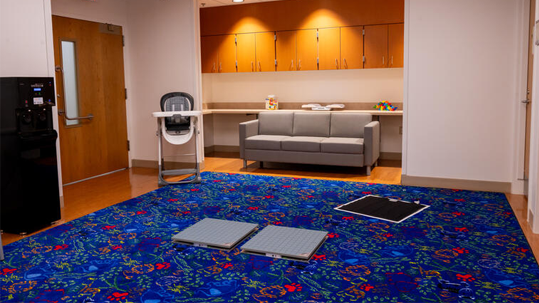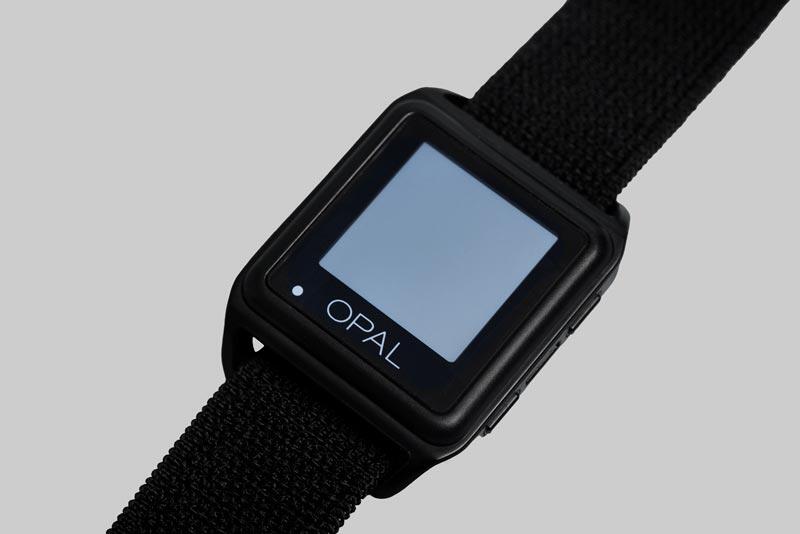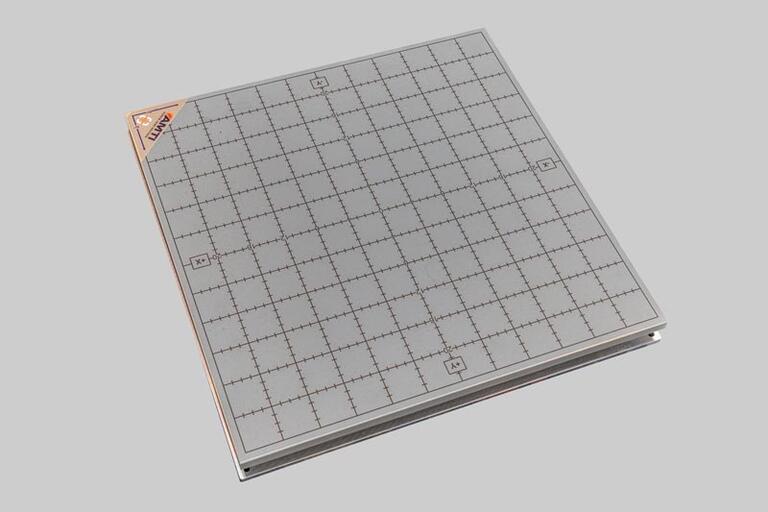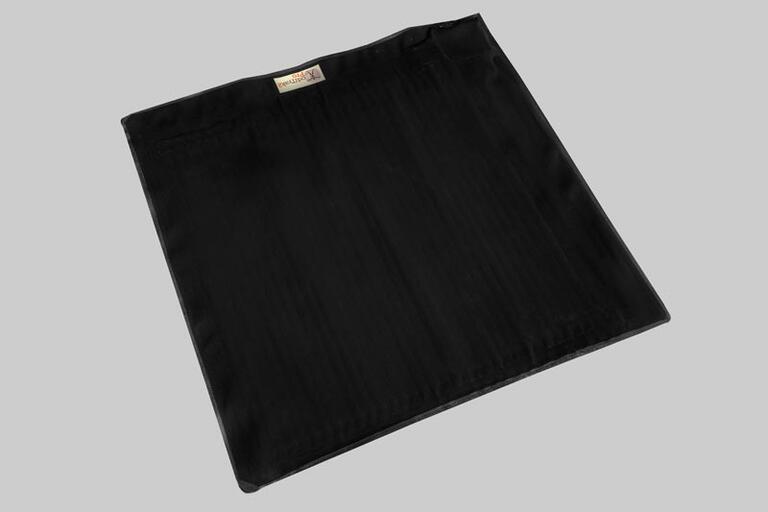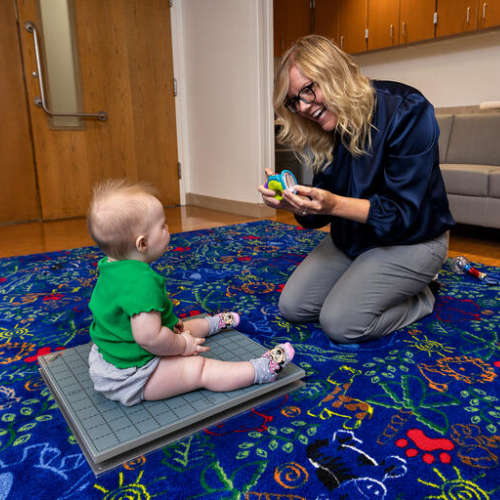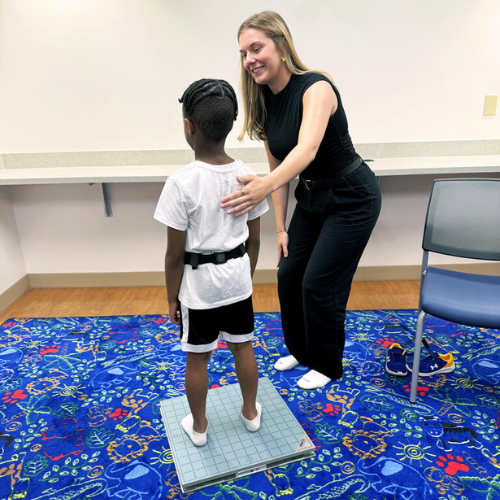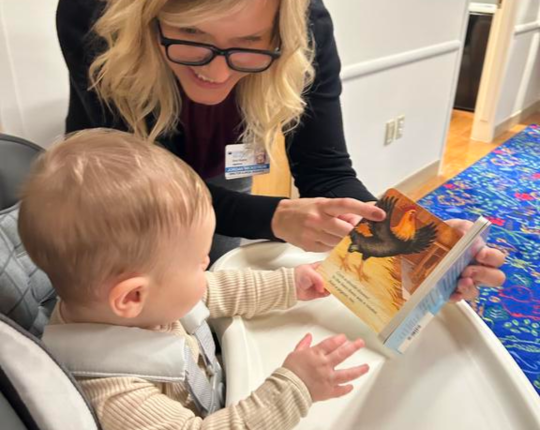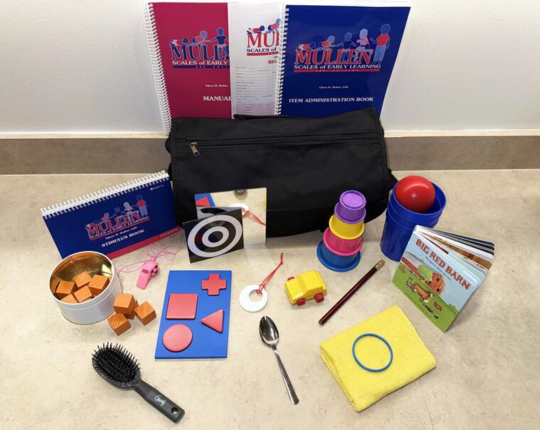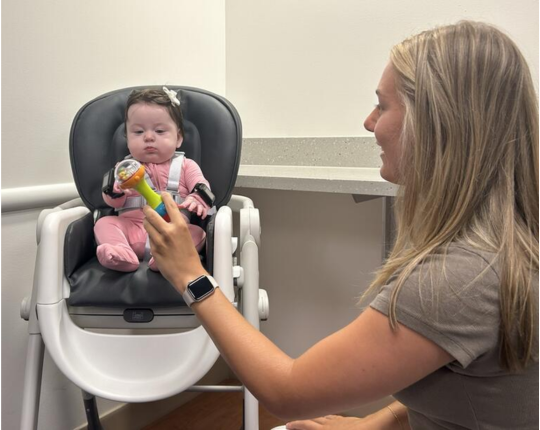Contact Us
Email: ABBEL_Research@lifebridgehealth.org
Call/text: (443) 826-6798
Support the PMDL – Donate Now
ABBEL Research Division – Main Page
Swipe or click to view more images.
Using advanced tools—including force plates, wearable sensors and pressure mats—we measure postural sway and movement patterns to better understand how children achieve gross motor milestones.
Our work combines developmental assessments with innovative tracking methods to detect subtle deviations in movement that may signal developmental concerns. By moving beyond traditional standardized assessments, we provide more personalized and precise ways to monitor progress and treatment response. Our goal is to enable earlier and more accurate identification of atypical developmental patterns, improving diagnostic processes and supporting interventions that give children the best opportunity for healthy development.
Principal Investigator
Dr. Jordan Wickstrom is a research scholar in pediatric biomechanics and the principal investigator of the Pediatric Motor Development Lab. The lab is part of the ABBEL Research Division at Sinai Hospital, where she also serves as director of clinical research for the Rehabilitation Institute at Sinai.
Dr. Wickstrom specializes in assessing infants and young children with motor dysfunction and complex medical needs, including those with neurodevelopmental, genetic and neurological disorders, as well as children with undiagnosed conditions. She employs sophisticated tools—such as force plates, pressure mats, wearable sensors, motion capture and video coding—to quantify movement patterns. Her work aims to (1) diagnose children earlier in development by identifying population-specific movement patterns, (2) measure changes in response to interventions that may go undetected by traditional assessments and (3) help children achieve their highest level of physical functioning.
Her research is widely published in peer-reviewed journals and has been consistently supported by competitive grant funding, advancing the science of early detection and intervention for children with developmental challenges.
Clinical Research Associate
Alexandra “Allie” Chenowith, B.S. is the clinical research associate of the Pediatric Motor Development Lab. She earned her Bachelor of Science degree in health behavior science with a minor in disability studies from the University of Delaware. After completing a postbaccalaureate fellowship in ABBEL, she was promoted to her current role.
Allie contributes to all phases of the lab's research, including participant recruitment and scheduling, data collection, database management and preliminary data analysis. She plays a vital role in managing infants and children during assessments, ensuring both the quality of data collection and a supportive experience for families. Her commitment to pediatric research and skill in working with children strengthen the lab's mission to advance early detection and intervention.
Wearable sensors are small, wireless devices—similar in size to a smartwatch—designed to capture precise movement data. In our lab, these sensors are used to measure the amount of movement, or “sway,” a child exhibits while sitting, crawling, standing or walking, providing valuable insight into postural control and motor development.
Eye-tracking technology records eye movements by detecting pupil position, allowing us to determine where a child is looking while viewing visual stimuli on a screen. These data help us study visual attention and information processing in early development.
A force plate is a specialized platform with sensors that measure the forces a child exerts when interacting with its surface, providing detailed information about balance, stability and movement patterns. In our lab, we use force plates to assess postural control by quantifying a child’s subtle sway while seated or standing.
Pressure mats contain arrays of embedded sensors that measure how weight is distributed across the surface. We use pressure mats to assess children in lying, sitting and standing positions, allowing us to capture precise patterns of pressure distribution and postural symmetry.
Families who enroll in our studies gain access to a truly unique resource: a comprehensive developmental check-in that combines gold-standard measures (e.g., Bayley-4, Mullen Scales of Early Learning) with instrumented motion analysis. This approach helps parents see whether their child is meeting age-appropriate milestones and offers peace of mind—or early insight—when additional support may be needed.
We work closely with pediatricians, our primary referral network, to ensure findings are clinically meaningful. Each visit concludes with a clear, plain-language report for caregivers and a concise summary for providers. All assessments are conducted under IRB-approved protocols and are designed to complement—not replace—clinical evaluations and therapy.
Schoeneman Building 101
2401 W. Belvedere Ave.
Baltimore, MD 21215


